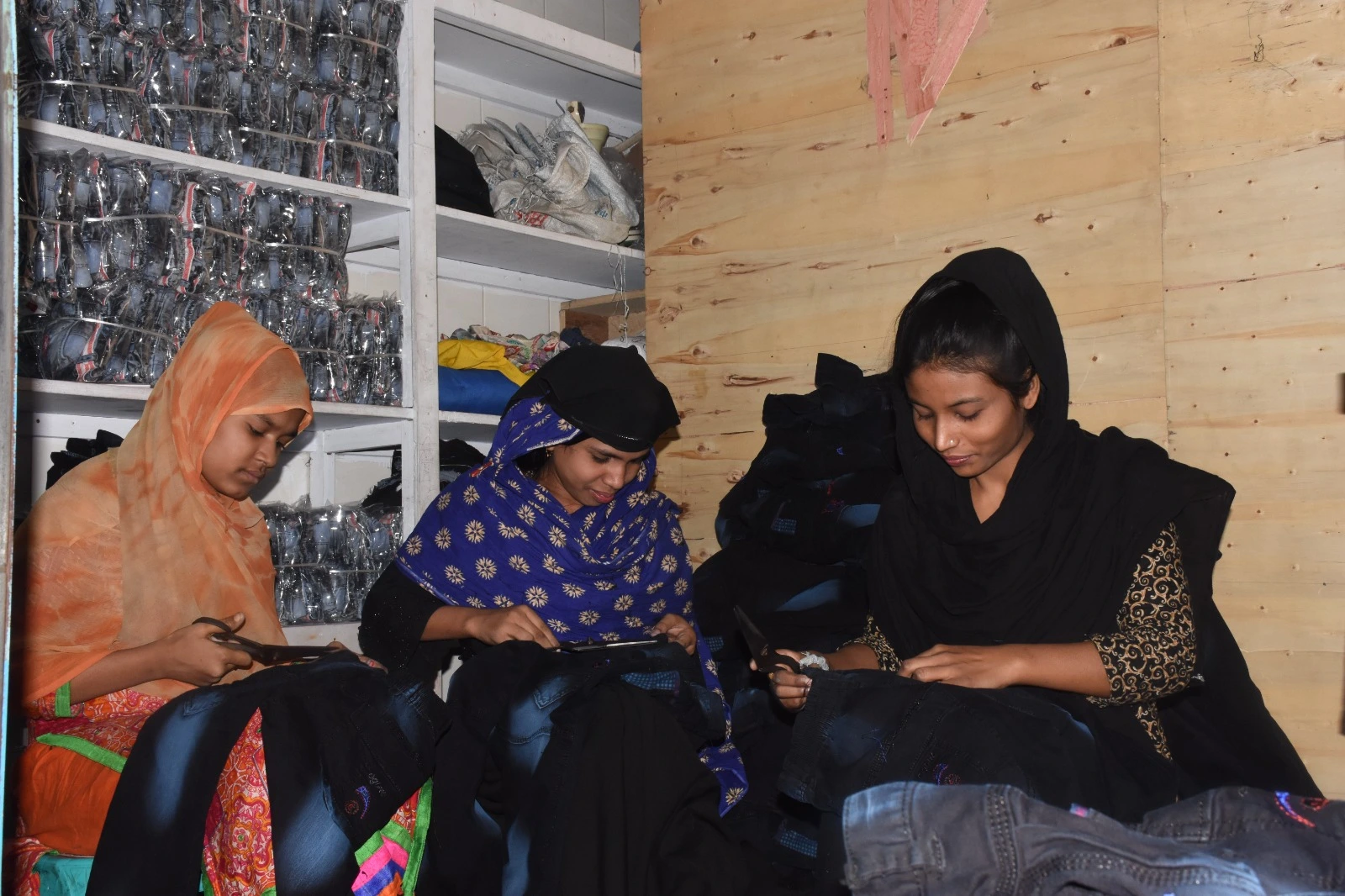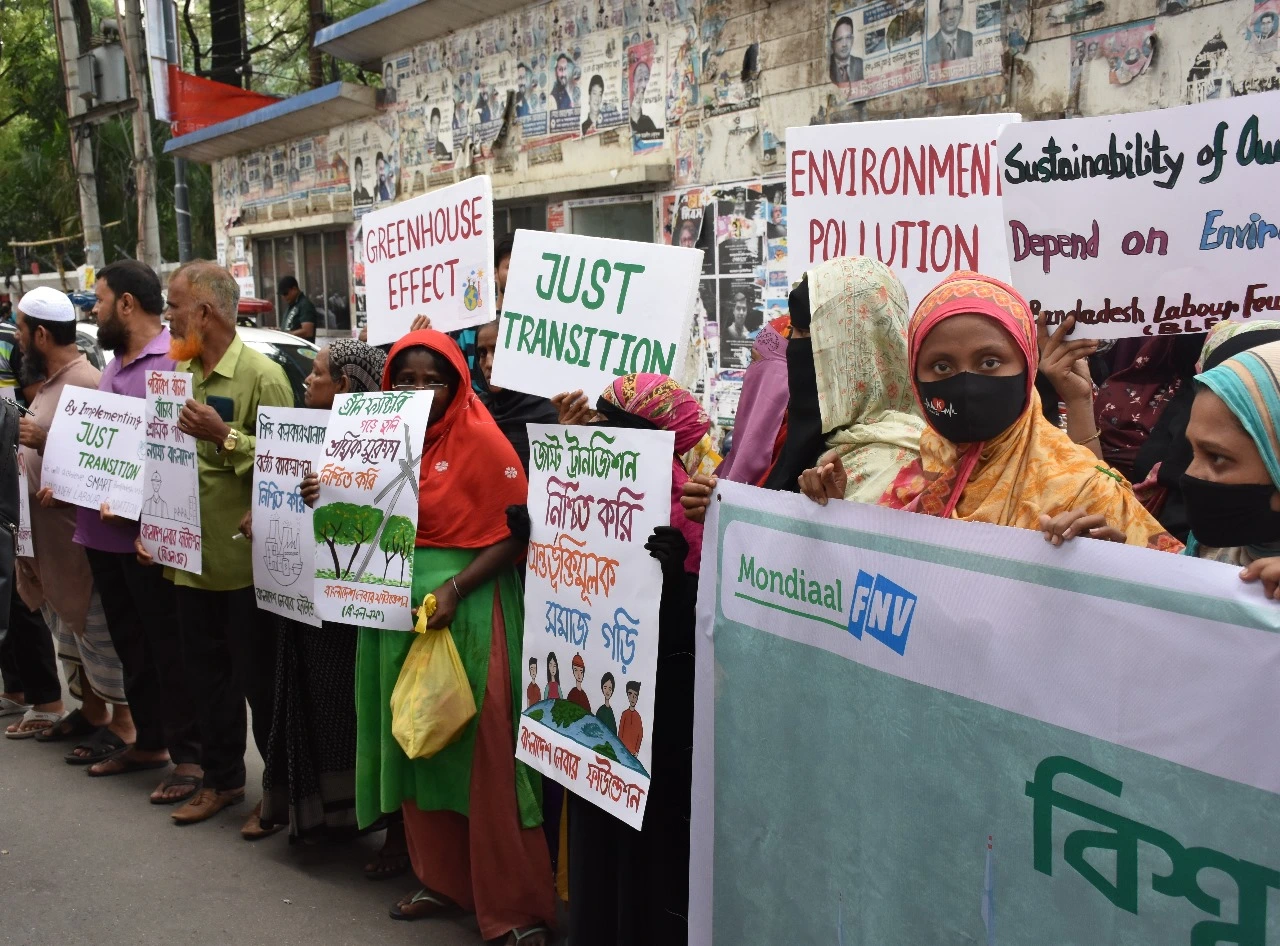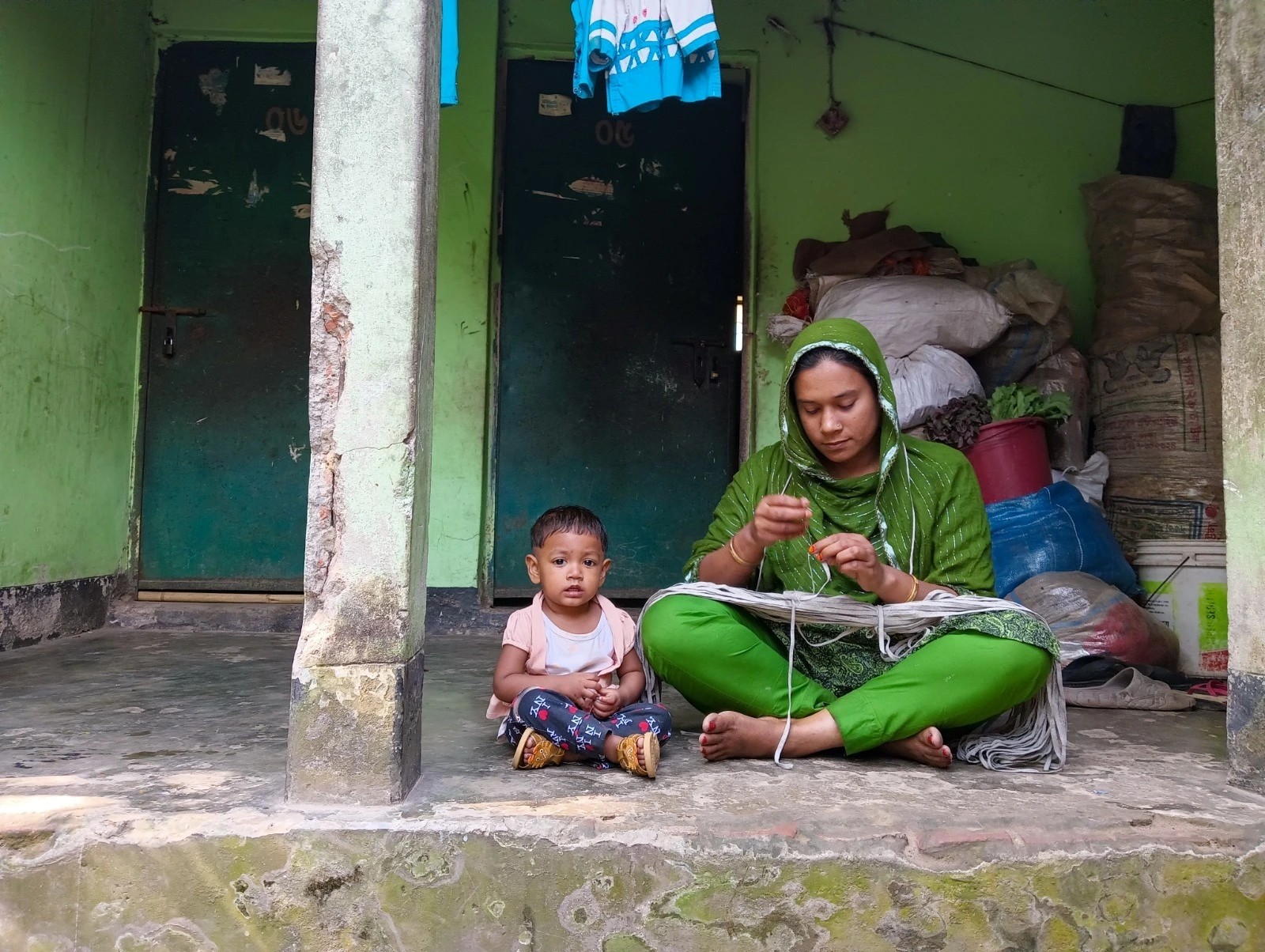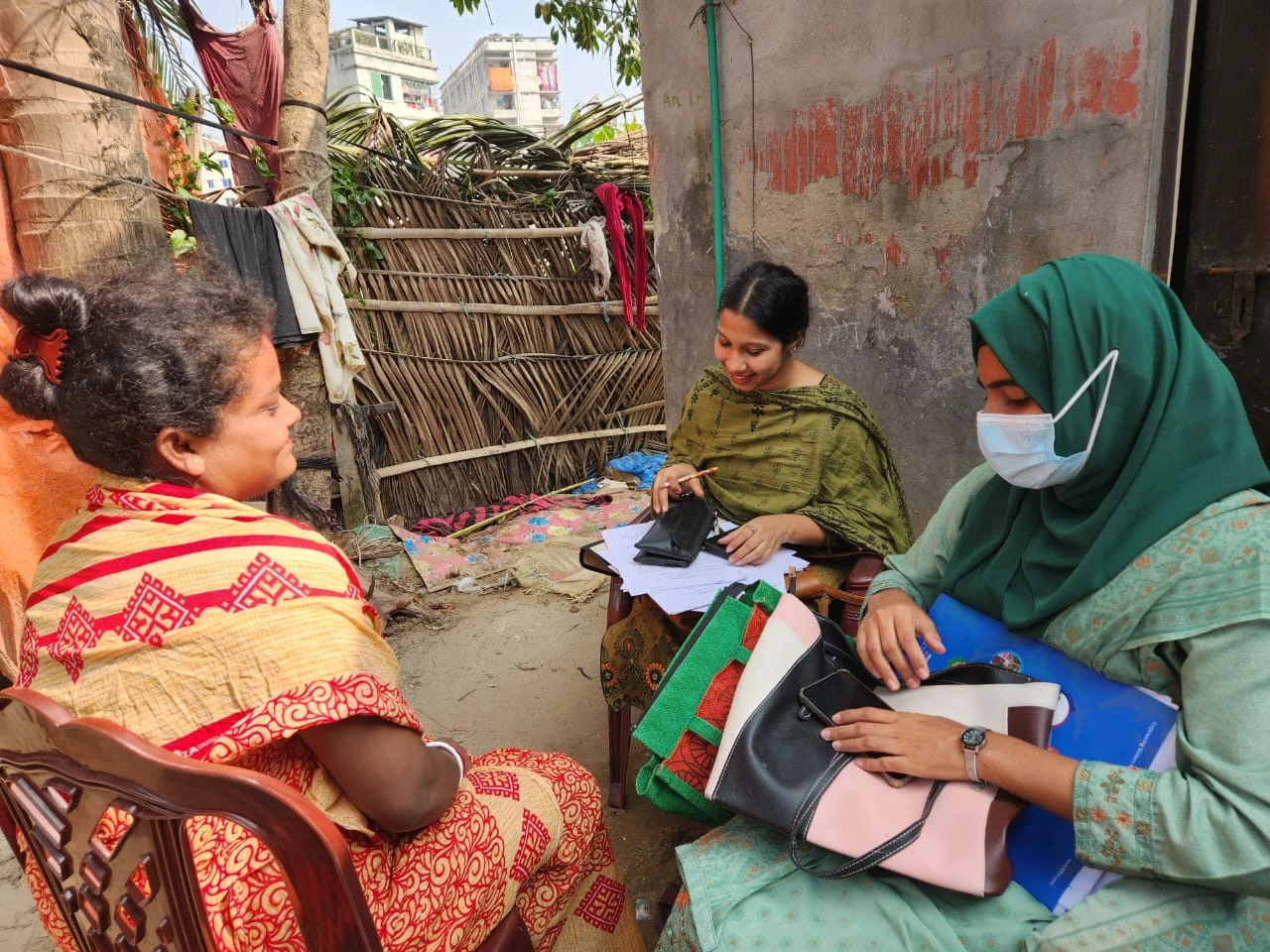Internship and Academic Collaboration

Internship and academic collaboration are valuable strategies for NGOs that can significantly enhance their capacity, expand their networks, and create opportunities for learning and growth. Here’s how both elements contribute to NGO work:
1. Internship Programs
Internship programs are one of the most effective ways to bring fresh perspectives, skills, and energy into an NGO. Interns often contribute to the organization’s goals while also gaining valuable experience in the non-profit sector. These programs benefit both the interns and the organization in various ways:
Benefits to NGOs:
- Increased Human Resources: Interns can help NGOs with day-to-day operations, project support, research, social media management, and event coordination. This extra help can be crucial, especially for organizations with limited staff.
- Innovation and New Ideas: Interns, especially those from diverse academic backgrounds, bring new ideas, fresh perspectives, and innovative approaches that can enhance the NGO’s work.
- Cost-Effective Labor: Interns often work for a stipend or on a voluntary basis, providing a cost-effective way for NGOs to expand their human resources.
- Potential Recruitment Pool: Internships serve as a valuable talent pipeline. Organizations can identify potential long-term employees who are already familiar with their work and culture.
- Skill Development: Interns often come with specific skills that may be valuable to an NGO, such as data analysis, content creation, marketing, or research skills, that the organization may not have in-house.
Benefits to Interns:
- Professional Development: Interns gain hands-on experience in the non-profit sector, learning about its challenges, work dynamics, and operations. This is beneficial for career growth and job market competitiveness.
- Networking Opportunities: Interns build connections with professionals in the field, which can lead to future employment opportunities or collaborations.
- Exposure to Social Impact Work: Interns working with NGOs gain insight into social issues and community work, which can be personally fulfilling and educational.
- Academic Credit: Many academic institutions offer credit for internships, which adds a valuable component to the student’s academic experience.
Types of Internship Roles in NGOs:
- Project Assistant: Supporting specific projects or programs with research, planning, and execution.
- Fundraising Intern: Assisting with donor research, grant writing, and event coordination.
- Social Media/Communications Intern: Managing digital content, creating posts, and engaging with online communities.
- Monitoring and Evaluation (M&E) Intern: Helping with data collection, analysis, and reporting on program outcomes.
- Administrative Intern: Assisting with day-to-day office tasks like filing, scheduling, and event planning.
2. Academic Collaboration
Academic collaboration refers to partnerships between NGOs and academic institutions (universities, research centers, etc.) to address key issues through research, education, and knowledge sharing. These collaborations can take many forms and can be highly beneficial for both sides.
Benefits to NGOs:
- Access to Expertise and Research: Academic institutions often have specialized knowledge in areas such as social sciences, policy analysis, environmental studies, or healthcare, which can help NGOs develop evidence-based solutions for complex problems.
- Improved Program Design: Collaborating with academic experts allows NGOs to design more effective programs based on current research and best practices.
- Evaluation and Impact Assessment: Universities often have strong capacities for monitoring, evaluating, and assessing the impact of NGO programs, which can help organizations improve their strategies and demonstrate the effectiveness of their work.
- Credibility and Legitimacy: Partnering with academic institutions can enhance an NGO’s credibility, especially in areas where evidence and data are critical to advocacy or policy influence.
Benefits to Academic Institutions:
- Real-World Application of Research: Universities and students can use NGOs as case studies or research subjects to apply theoretical knowledge to real-world challenges. This enriches academic work and makes it more impactful.
- Practical Experience for Students: Academic collaborations allow students to engage in hands-on work with social organizations, providing practical exposure that enhances their learning and career prospects.
- Community Engagement: Academic institutions are often looking for ways to engage with communities and contribute to societal well-being. Collaborating with NGOs helps fulfill this mission by connecting theory with practice.
Types of Academic Collaboration:
- Research Partnerships: Joint research projects where both the academic institution and the NGO work together to investigate specific social issues and develop solutions. This could involve qualitative or quantitative research methods, surveys, case studies, or action research.
- Service Learning and Internships: Universities may set up service learning programs where students work with NGOs as part of their academic curriculum, earning credit while contributing to the NGO’s mission.
- Policy Advocacy and Dialogue: Academic institutions can partner with NGOs to advocate for policy changes or engage in public dialogues based on research findings.
- Capacity Building and Training Programs: Universities may offer specialized training or workshops for NGO staff, helping them improve their knowledge and skills in areas like research methods, grant writing, or social entrepreneurship.
Examples of Successful Academic Collaborations:
- Human Rights NGOs and Law Schools: Law schools often collaborate with human rights NGOs to provide students with internships or clinic opportunities where they support legal advocacy and research for marginalized communities.
- Environmental NGOs and Environmental Science Departments: Universities with environmental science or policy programs may partner with environmental NGOs to conduct field research, monitor ecosystems, or engage in sustainable development projects.
- Public Health NGOs and Medical Schools: Medical students may collaborate with public health NGOs to conduct health outreach programs, collect data on health outcomes, or develop health education materials.
How to Build Internship and Academic Collaborations:
- Identify Common Goals: NGOs and academic institutions should identify shared interests and objectives, whether they are research-focused, advocacy-driven, or community-based.
- Develop Clear Terms of Engagement: Establish clear roles and expectations for interns or academic partners, including timelines, deliverables, and any financial arrangements (such as stipends or grants).
- Create Structured Programs: For internships, design structured programs that include orientation, mentorship, and professional development opportunities for interns. For academic collaborations, establish a research agenda or joint initiatives that clearly define each partner’s responsibilities.
- Leverage Networks: NGOs and academic institutions can benefit from each other’s networks, whether through faculty members, research institutes, or alumni. Networking can facilitate partnerships and support future initiatives.
- Evaluate and Learn: Continuously assess the effectiveness of the collaborations and internship programs. Gather feedback from both students and staff to improve future partnerships.
Conclusion
Internships and academic collaborations are powerful tools that can enhance an NGO’s capacity, improve its programs, and provide opportunities for students and researchers to contribute to meaningful work. Both strategies create a two-way flow of knowledge and resources, benefiting the community, the NGO, and the academic institutions involved. By creating structured and impactful internship programs, as well as fostering academic partnerships, NGOs can expand their influence, increase their effectiveness, and ensure sustainability for their mission.









